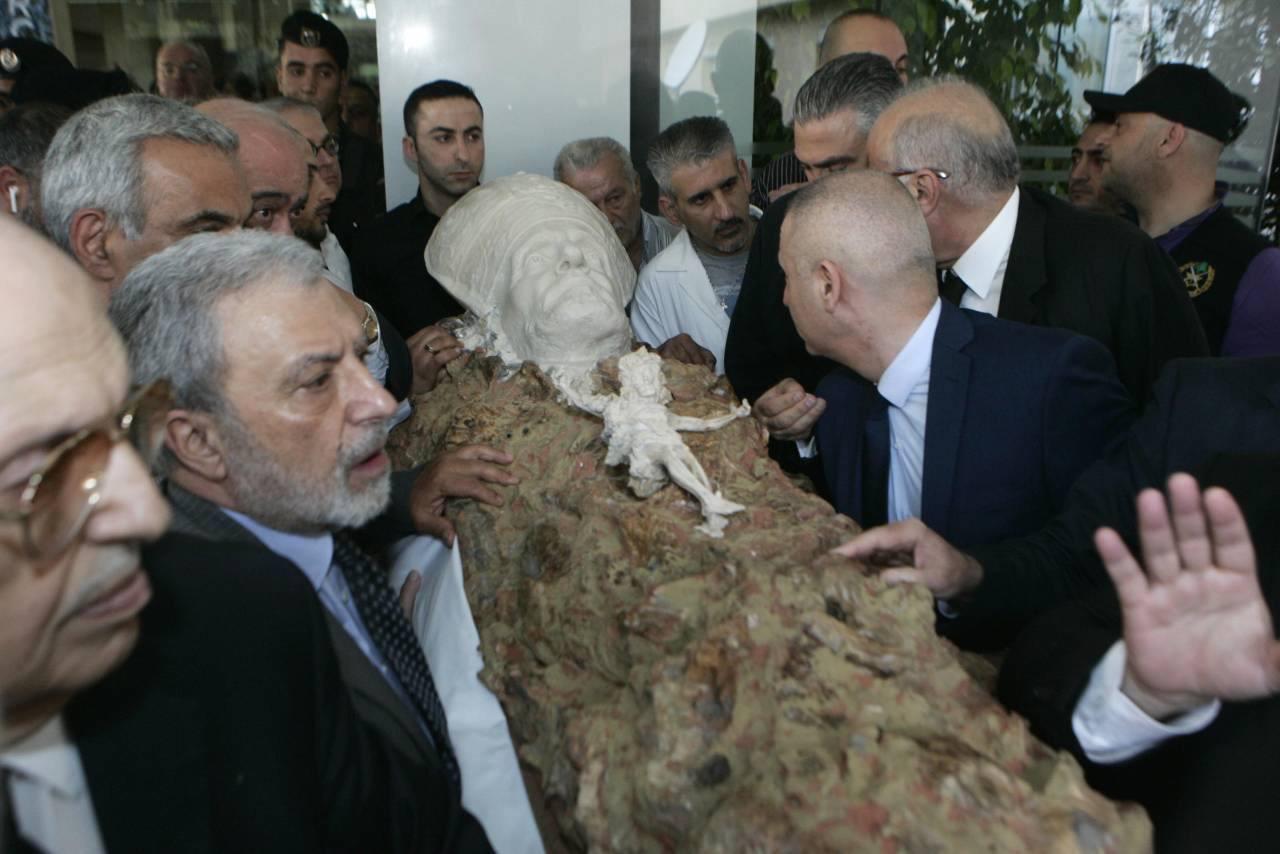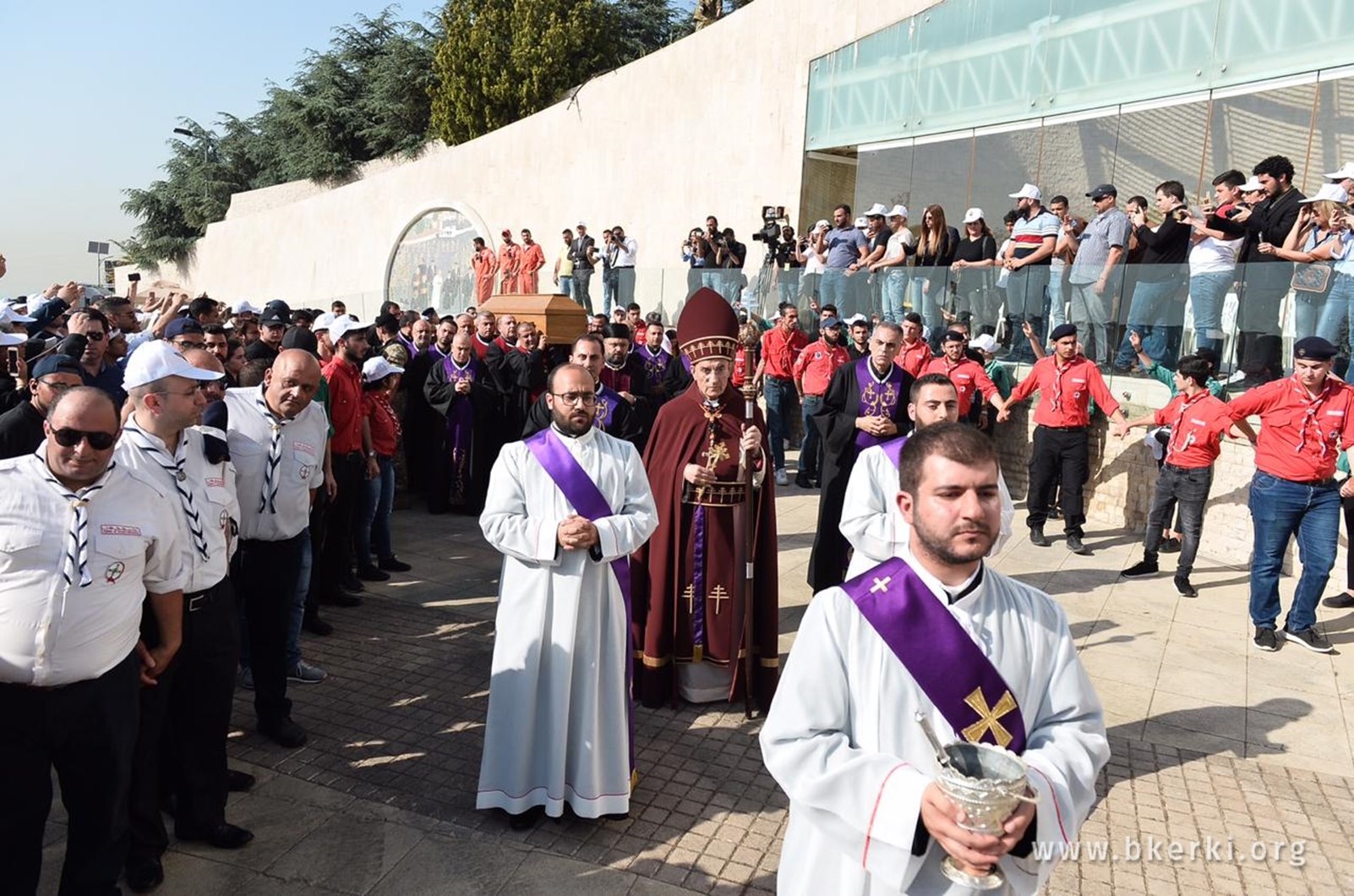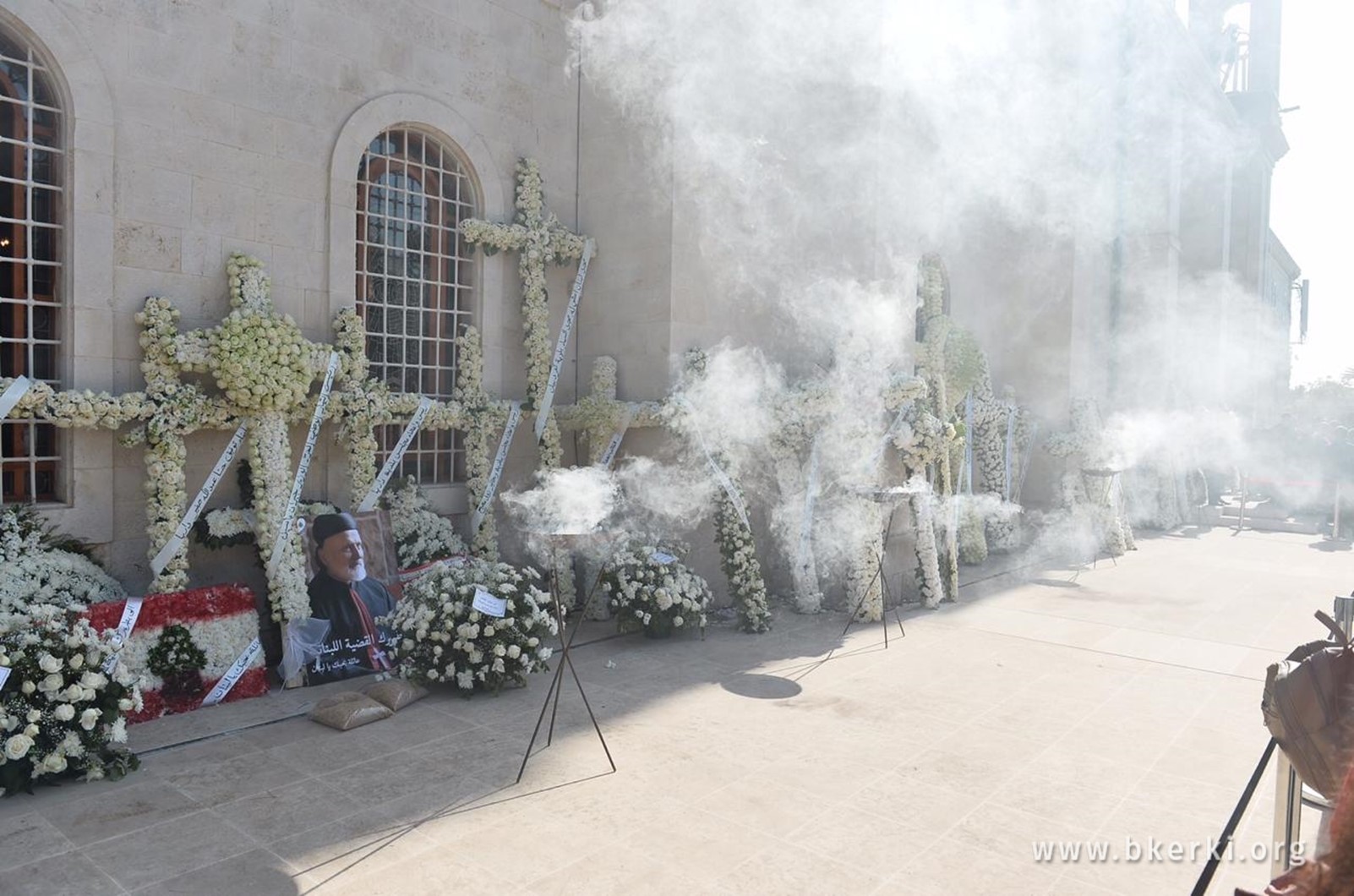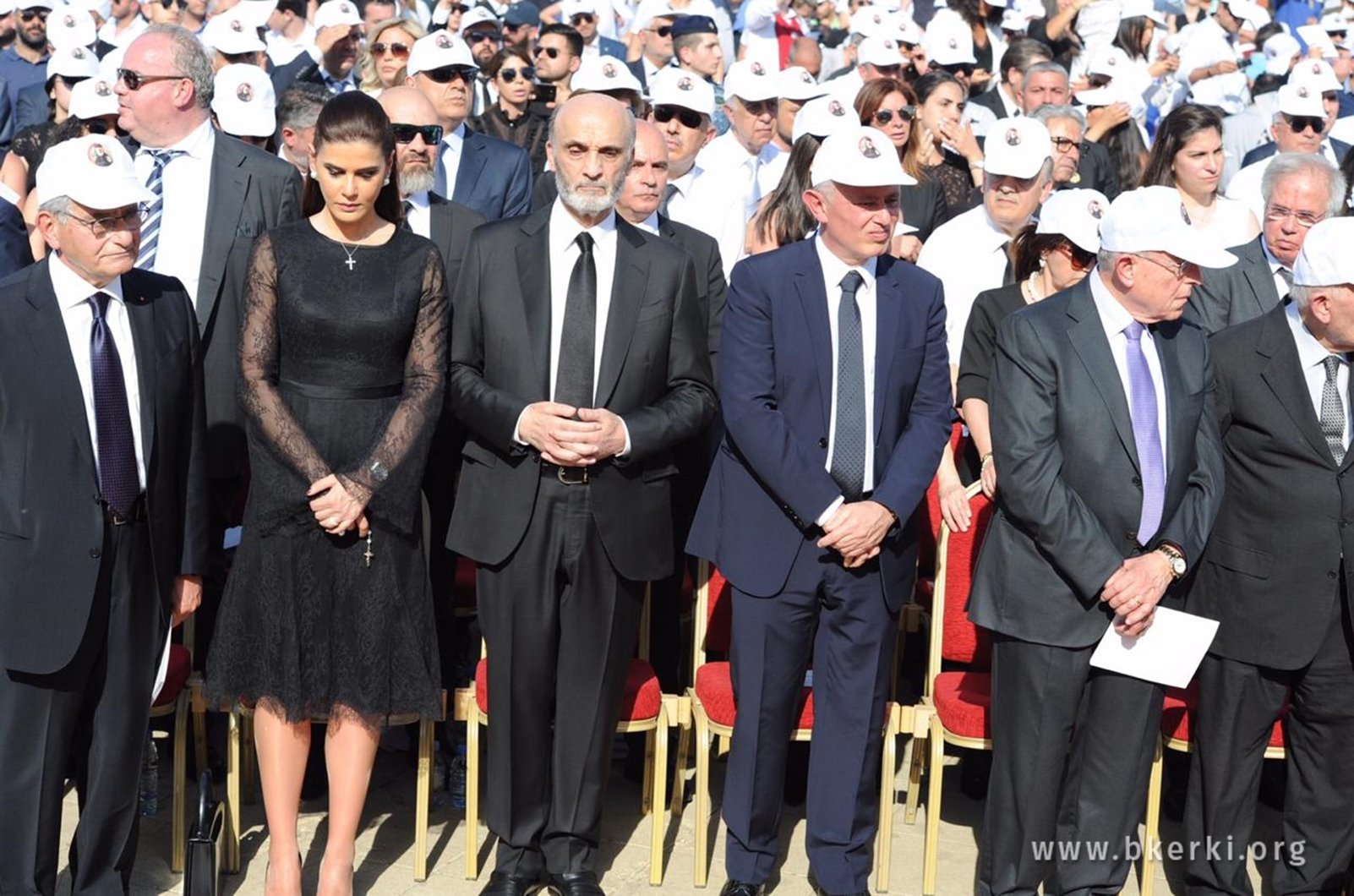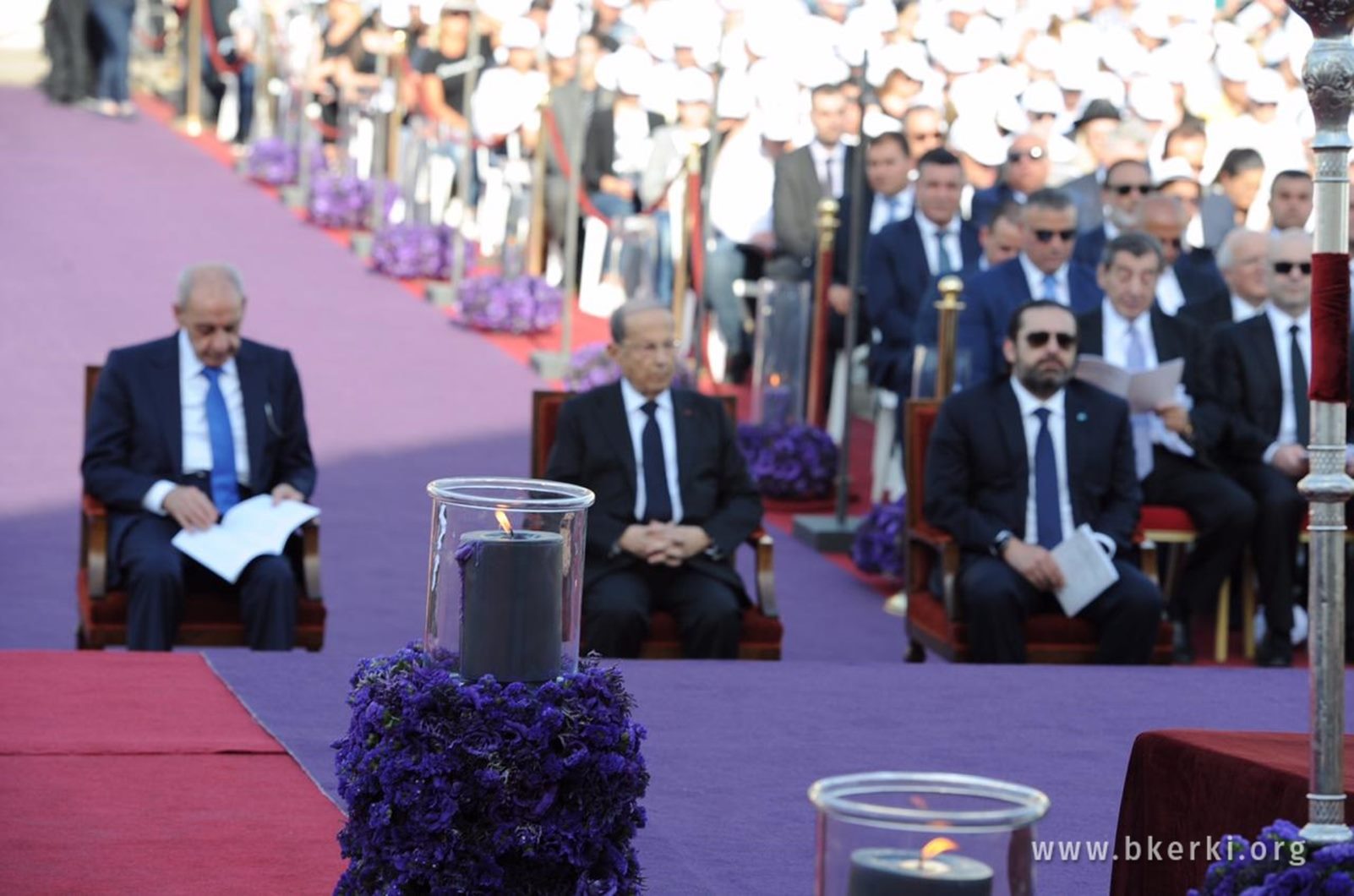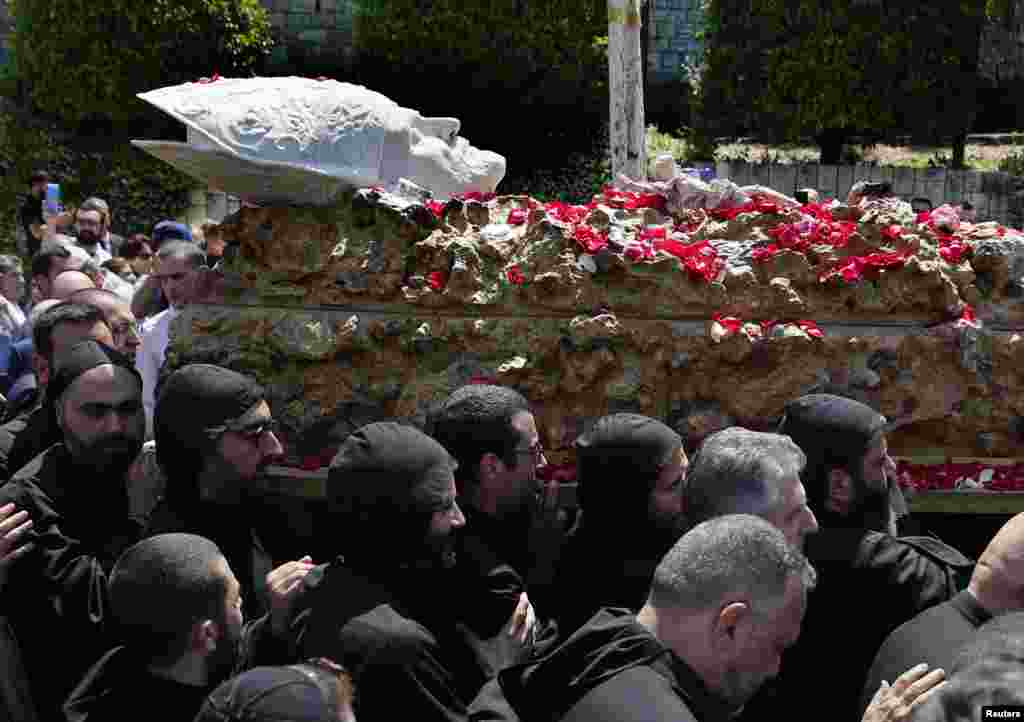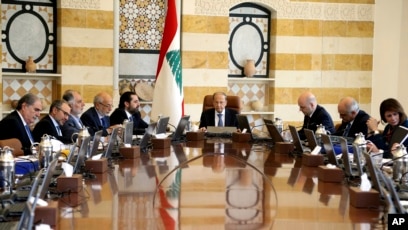
by By Tom Perry and Ellen Francis — BEIRUT, (Reuters) – The heavily indebted Lebanese government approved a draft budget to cut its large deficit on Friday, aiming to ward off a financial crisis which top leaders have warned is bearing down on the country unless it carries out reforms. The draft 2019 budget, which will cut the deficit to 7.5% of GDP from 11.5% in 2018, is seen as a critical test of the government’s will to launch reforms that have been put off for years by a state riddled with corruption and waste. Lebanon’s bloated public sector is its biggest expense, followed by the cost of servicing a public debt equal to some 150% of GDP, one of the world’s heaviest debt burdens. The budget could help unlock some $11 billion in financing pledged at a Paris donors’ conference last year for infrastructure investment, if it wins the approval of donor countries and institutions. “Now, praise God, we are done. The budget is complete,” Information Minister Jamal Jarrah said after a cabinet session. One more meeting to seal the process will be held at the presidential palace on Monday before the draft is referred to parliament for approval.
Fears the budget would lead to cuts to state salaries, pensions or benefits triggered weeks of strikes and protests by public sector workers and military veterans. Measures to rein in the public sector wage bill include a three-year freeze in all types of state hiring and a cap on extra-salary bonuses. State pension will also be taxed. However a temporary public sector salary cut mooted by some early in the process was not included. A big chunk of the deficit cut stems from tax increases including a 2% import tax and a hike in tax on interest payments. The government also plans to cut some $660 million from the debt servicing bill by issuing treasury bonds at 1% interest rate to the Lebanese banking sector.
“THE JURY’S STILL OUT”
The final cabinet approval had been obstructed by a dispute over whether more needed to be done to bring the deficit lower. But Finance Minister Ali Hassan Khalil, speaking to local media, said “all the clauses and articles” had been agreed. Nobody had raised any objections when Prime Minister Saad al-Hariri said “we are done” at the end of the session, he added. Foreign Minister Gebran Bassil, who had been demanding further debate, signalled no objection to the cabinet decision. “We have started along the path of controlling the deficit and reducing it and we will continue through subsequent budgets,” Al-Jadeed television quoted him saying.

